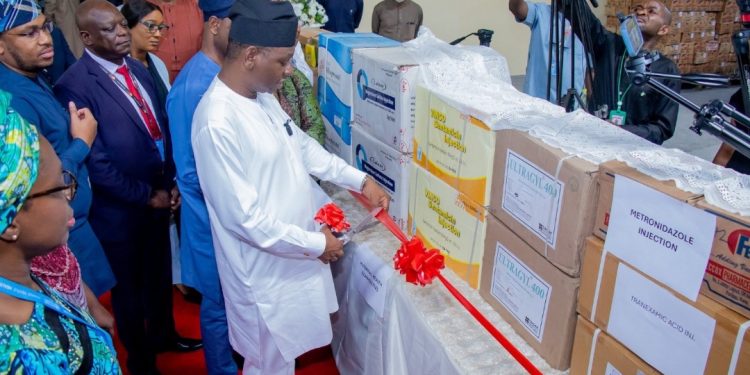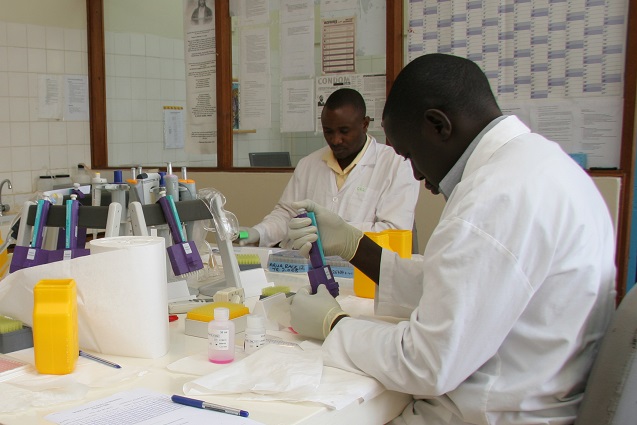The Federal Government has commenced the nationwide distribution of maternal and neonatal health commodities worth N2.9 billion as part of efforts to improve health outcomes for women and children.
At the official launch in Abuja, the National Primary Health Care Development Agency explained that the programme is aimed at tackling preventable deaths among mothers and newborns by making essential commodities available free of charge across primary healthcare facilities. The government said the distribution will begin with ten states that carry the heaviest burden of maternal and child mortality.
The commodities include delivery packs, antenatal drugs, nutritional supplements, mosquito nets, family planning materials, and essential medicines. Authorities said the initiative also involves strengthening facilities, upgrading infrastructure, and training health workers to ensure sustainability.
According to the government, 80 local government areas with the highest maternal health risks have been prioritised. A zonal allocation framework has been introduced, with 60 percent of the commodities going to the Northwest, 34 percent to the Northeast, while North Central and Southeast share the remaining portion.
Officials noted that the intervention aligns with the current administration’s health agenda of safeguarding the lives of women and children, urging states to integrate maternal and neonatal health programmes into their operational plans to ensure continuity.
Development partners including the World Health Organisation, UNICEF, UNFPA, and the Gates Foundation pledged continued support, while emphasising the need for better tracking of maternal health data to measure impact.
Nigeria continues to face some of the highest maternal and neonatal mortality rates in the world, accounting for about 20 percent of global maternal deaths, according to the World Health Organisation. In certain regions, maternal mortality exceeds 1,000 deaths per 100,000 live births. The majority of deaths are linked to complications during childbirth, infections, preterm births, and limited access to skilled health professionals.
Health experts have raised concerns that fewer than half of births in the country are attended by skilled workers, with many women still relying on traditional birth attendants or home deliveries due to financial, cultural, or logistical barriers. Mortality rates remain highest in the Northwest and Northeast, where health infrastructure and emergency care are weakest.
The nationwide distribution of maternal and neonatal commodities marks a renewed government commitment to reducing these figures and bridging critical gaps in healthcare delivery across Nigeria.










